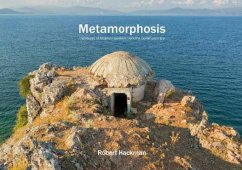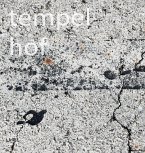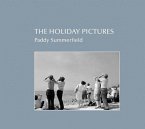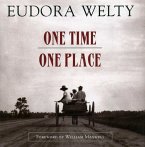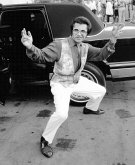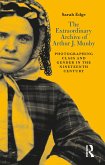To strengthen his own political position, Albania's dictator Enver Hoxha (who ruled from 1944 to 1985), convinced his people that the outside world wished to invade their communist 'paradise'. Unable to afford advanced technological deterrents during the Cold War years, the country's communist regime built a costly and extensive network of military bunkers, allocating huge physical and economic resources in a frenzy of construction. Today the people of Albania reuse and recycle these in ways that are both extraordinary and varied: as cafés, homes, restaurants, swimming pools, barns, bridges and water tanks. Over several years Robert Hackman has photographed these strange mushroom-like structures which have now also become a popular element in Albania's burgeoning tourism industry. From 1975 to 1982 former Prime Minister of Albania, Alfred Moisiu, oversaw the fortification of the country with these defensive bunkers. In a fascinating interview he tells their story, estimating that up to 500,000 were built. As he says, 'Albania could not afford to produce aeroplanes and missiles and so we built bunkers instead.' Genti Gjikola, the former Head of Exhibitions at the Albanian National Gallery of Arts, provides an illuminating introduction. In April 2018 he became curator for the Centre for Openness and Dialogue (COD), a unique art-and-culture space at the Office of the Prime Minister of Albania. The book also includes examples of photographs taken by Algerian-born French Michel Setboun in 1981 and by Martin Parr in 1990.

